The Big Question
Reflecting this month’s cover, this month’s question is: ‘What do you think has been the most significant change over the last 20 years?’
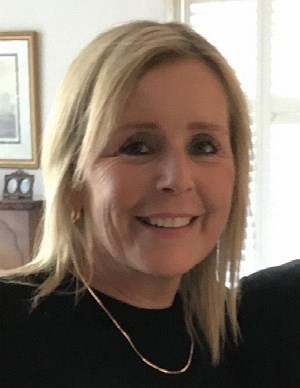
The Rev Cheryl McKellar Young, minister at Edinburgh: Fairmilehead
“The most significant change I’ve seen in Scotland, is the way we interact and connect with one another.
“Today we can all see how social media has had a wonderful impact on the ways we can connect with others, enhance our knowledge about any field, regardless of our location or education background, or come together to raise funds and awareness for important and worthy causes.
“It’s delightful too in the joy it brings, when we can connect and see our loved ones around the world thanks to video calls. Yet 20 years ago, mobile phones were nowhere near as popular as they are today, handwritten letters still came with the post and dates to meet up with friends, to hear about holidays and see photographs which took weeks to be developed, were still pencilled in to slim diaries kept in our pockets. Today this has all but gone! Now it can seem as if there are more opportunities to connect to wifi, than to one another.
“Who would have thought just twenty years ago that even toddlers would be plugged into a tablet? That we could have hundreds of ‘friends’ on Facebook or Instagram yet feel isolated and lonely? Or that for us all to enjoy quality time with family or friends, everyone would actively need to choose to disconnect from their phones or tablets?
“The next 20 years must also be about spending more time in the company of others with whom we have a positive relationship. The quality of our relationships matters and is essential for our mental and spiritual well-being.”
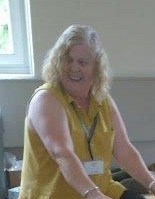
Eileen Usher, Family Worker, Glasgow: Cranhill
There have been lots of changes in Scotland in the last 20 years but I would say that the most significant for me, and one which is close to my heart, is the willingness of the Scottish Government and the Scottish people to welcome displaced families into our communities.
“We are commanded to ‘love one another as I have loved you’ and this is demonstrated by embracing asylum seekers and refugees, by showing that Scotland is a welcoming and peaceful place to live, by protecting people who have been forced to flee their country to escape war or persecution, or for things which we take for granted like attending a place of worship.
“We, as God’s people, can offer help and support to all who seek asylum, help integrate in a community, resettle and rebuild their lives thus actively showing the love of God. The New Scot social network have a map showing where their groups meet all over Scotland and many of these are communities of faith and I find this encouraging and look forward to seeing many more in other areas. I also find it encouraging to see communities coming together to raise awareness and funding for refugee groups - hence me cycling at a recent refugee event.
“I am privileged to be able to work with some of these families, and will finish with a quote from one of the young mums who comes to the Baby Matters group, who said: ‘I had to leave all my family, I had no family in this country but now I have - you and this group are my family.’”
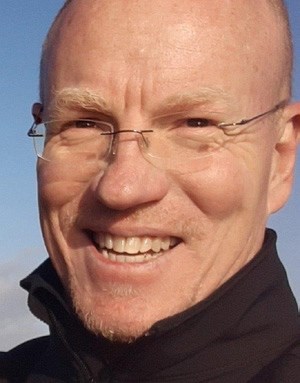
The Rev Alan Childs, minister at Edinburgh: Craigsbank
“For me it’s changes in how we are connected relationally and changes in the availability and flow of information. For better and for worse.
“With the increase of all types of mobility we have experienced a decline in a sense of local community rootedness with the decrease of knowing and being known by ‘the butcher, the baker’ and the neighbour. Simultaneously the explosion of online networks, social media and the available opportunities of consuming most sources of entertainment and services online has led to more people spending more time in front of various types of screens networking, engaging and being served much more virtually and less in person. It could be argued that relationships have increased in number but decreased in depth, wider in scope but more self-centred in focus. Some would say it has increased loneliness and as a consequence increased mental health problems.
“The dawning of the computerised information era at the turn of the century and the subsequent near-democratisation of information since has meant that most people can know most of what they want to about most of the things or concepts they want to. The era of the singular specialist has given way to the liberation of knowledge. There is a website or programme or app for much of what people want to know or do. There is similarly a real relativisation of much of what has formerly passed for obvious or undisputed truths as alternative viewpoints or realities are readily available and being punted as legitimate truths.”
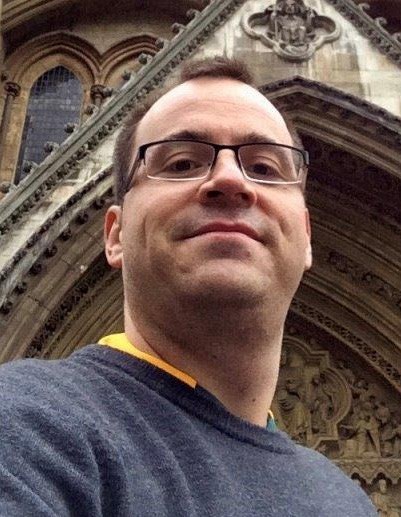
The Rev Justin Taylor, minister at Kirkcaldy: Abbotshall
“I came to Scotland in 2012 as a student and ended up staying. For all intents and purposes, my understanding of Scotland is one of an immigrant rather than a native citizen.
“When I arrived, my rose-tinted glasses allowed me to see the beauty and culture of Scotland. It was the land of milk and whisky, a land proud of its culture and achievements in the world. However, over time as I have peered behind the curtain of Scottish society; my views have changed, and I no longer see Scotland the same way.
“What I have observed is underlying racism, xenophobia especially towards eastern Europeans, sectarianism, the growth of nationalism, sexism, the increase in poverty, the broken political system, how immigrants are treated by the government (which having gone through it is incredibly demeaning). Although the aforementioned things are not unique to Scotland, I think Scotland has struggled to comes to terms with them.
“Being part of the global landscape doesn’t make us immune to the world’s trends, however, I do feel Scotland’s greatest asset is its social concern. Scotland has led the way in tackling some of the biggest issues in the last 20 years. For example, how we welcomed Syrian refugees, our pioneering work in renewable energy and reduction in emissions, and our work around homelessness and poverty
“The world has changed drastically in the last 20 years, but Scotland has been a beacon of light for all in society. I feel there is tremendous hope for the future.”
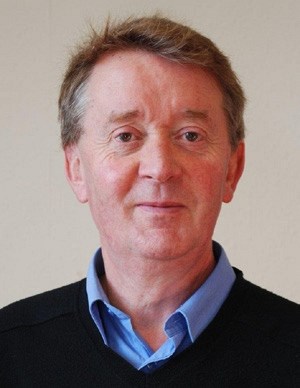
Adrian Shaw, Climate Change Officer, Church of Scotland
“Twenty years ago the environment was of concern to scientists and campaigners but rarely at the centre of the political or Church’s agenda. This has changed completely. The climate emergency is upon us with bush fires in Australia, drought in large parts of East Africa, rising sea levels and increasingly powerful tropical storms. Growing concerns about single use plastics, the continuing loss of rainforest in the Amazon and elsewhere has pushed the environment centre stage and challenges us to change our lives.
“For many this is an unwelcome shock. With our assumptions of endless economic growth, increasing personal wealth, and freedom to travel by car or plane it can be a rude awakening to learn that our use of fossil fuels has been bought at an environmental price, a price that will be paid by generations to come
“Perhaps the young see the need for change most clearly. Faced with the near certainty of climate chaos in their future lives, they respond with school strikes and campaigns.
“Greta Thunberg makes the sharp assertion that we have stolen young people’s future and young people around the world respond to her words in their millions.
“Care for the earth is not just for scientists or campaigners.
“How we live together and care for the earth that sustains us is now one of the most profound questions for all people of faith to consider, in prayer, in our lives and in our communities.”